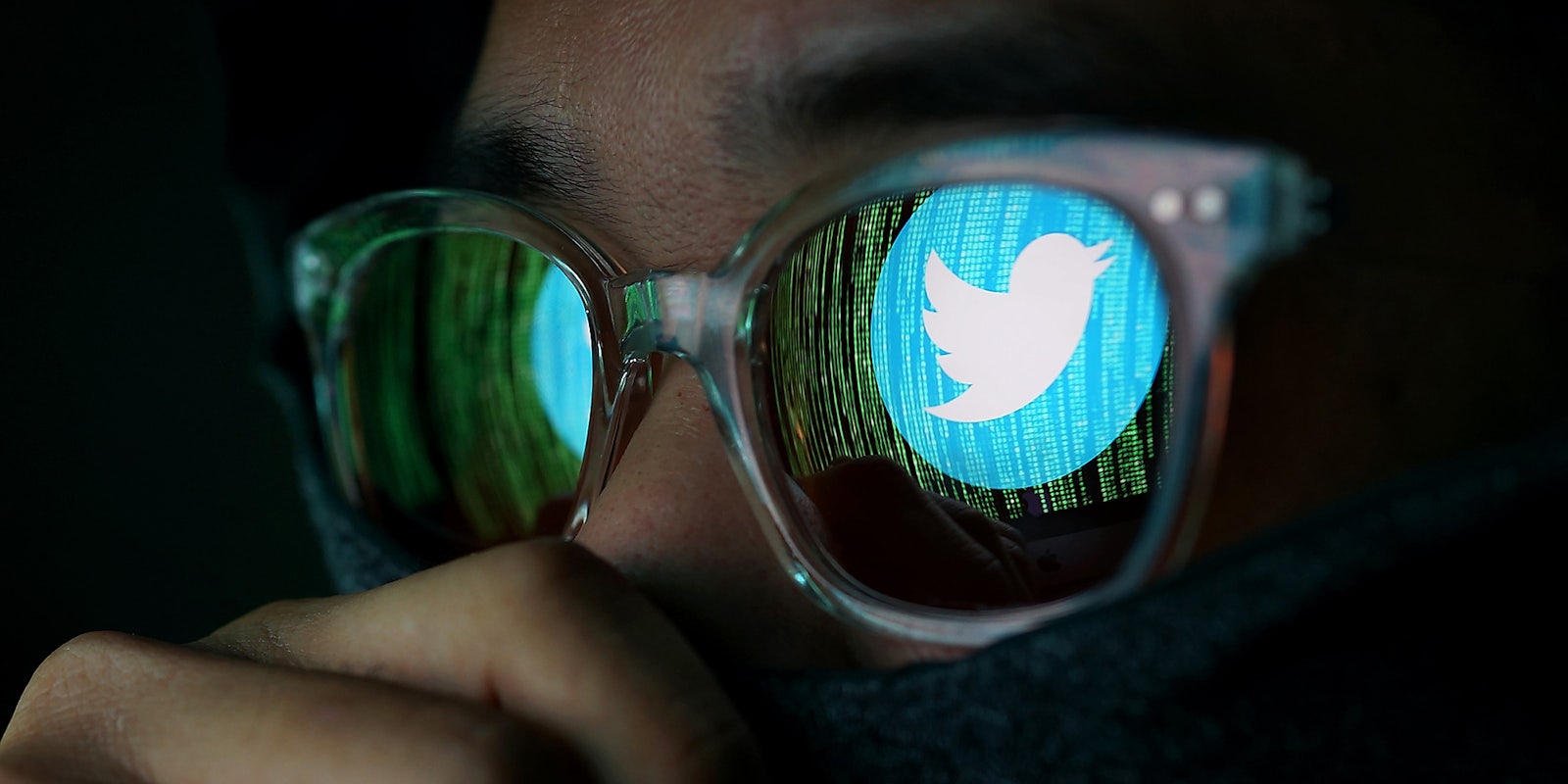Twitter announced an update to its private information policy on Tuesday that bars users from sharing what it has described as “private media.”
In a blog post from the tech company, the Twitter Safety team said that it would no longer permit users to share private photos or videos unless consent has been given by those featured.
“There are growing concerns about the misuse of media and information that is not available elsewhere online as a tool to harass, intimidate, and reveal the identities of individuals,” the company wrote. “Sharing personal media, such as images or videos, can potentially violate a person’s privacy, and may lead to emotional or physical harm.”
Twitter’s private information policy already bars publishing or threatening to expose the personal data of others, such as phone numbers and addresses. The update will allow users to report content even if it isn’t abusive in nature.
“While our existing policies and Twitter Rules cover explicit instances of abusive behavior, this update will allow us to take action on media that is shared without any explicit abusive content, provided it’s posted without the consent of the person depicted,” the blog continues. “This is a part of our ongoing work to align our safety policies with human rights standards, and it will be enforced globally starting today.”
The update appeared to cause widespread confusion across the social media platform, with users questioning whether the revised policy would affect content obtained during public events such as protests.
Twitter notes in its blog post that the “policy is not applicable to media featuring public figures or individuals when media and accompanying Tweet text are shared in the public interest or add value to public discourse.”
In a statement to the Daily Dot, a Twitter spokesperson stressed that content would only be considered for removal if the request came from the person depicted or an authorized representative.
“When private information or media has been shared on Twitter, we need a first-person report or a report from an authorized representative in order to make the determination that the image or video has been shared without their permission,” the spokesperson said.
“We recognize that there are instances where account holders may share images or videos of private individuals in an effort to help someone involved in a crisis situation, such as in the aftermath of a violent event, or as part of a newsworthy event due to public interest value, and this might outweigh the safety risks to a person,” Twitter says.
The blog post also makes specific mention of content being covered by “mainstream/traditional media.”
“We will always try to assess the context in which the content is shared and, in such cases, we may allow the images or videos to remain on the service,” the post states. “For instance, we would take into consideration whether the image is publicly available and/or is being covered by mainstream/traditional media (newspapers, TV channels, online news sites), or if a particular image and the accompanying tweet text adds value to the public discourse, is being shared in public interest, or is relevant to the community.”
With many questions remaining, it’s unclear how successfully Twitter will be able to enforce the new policy.


